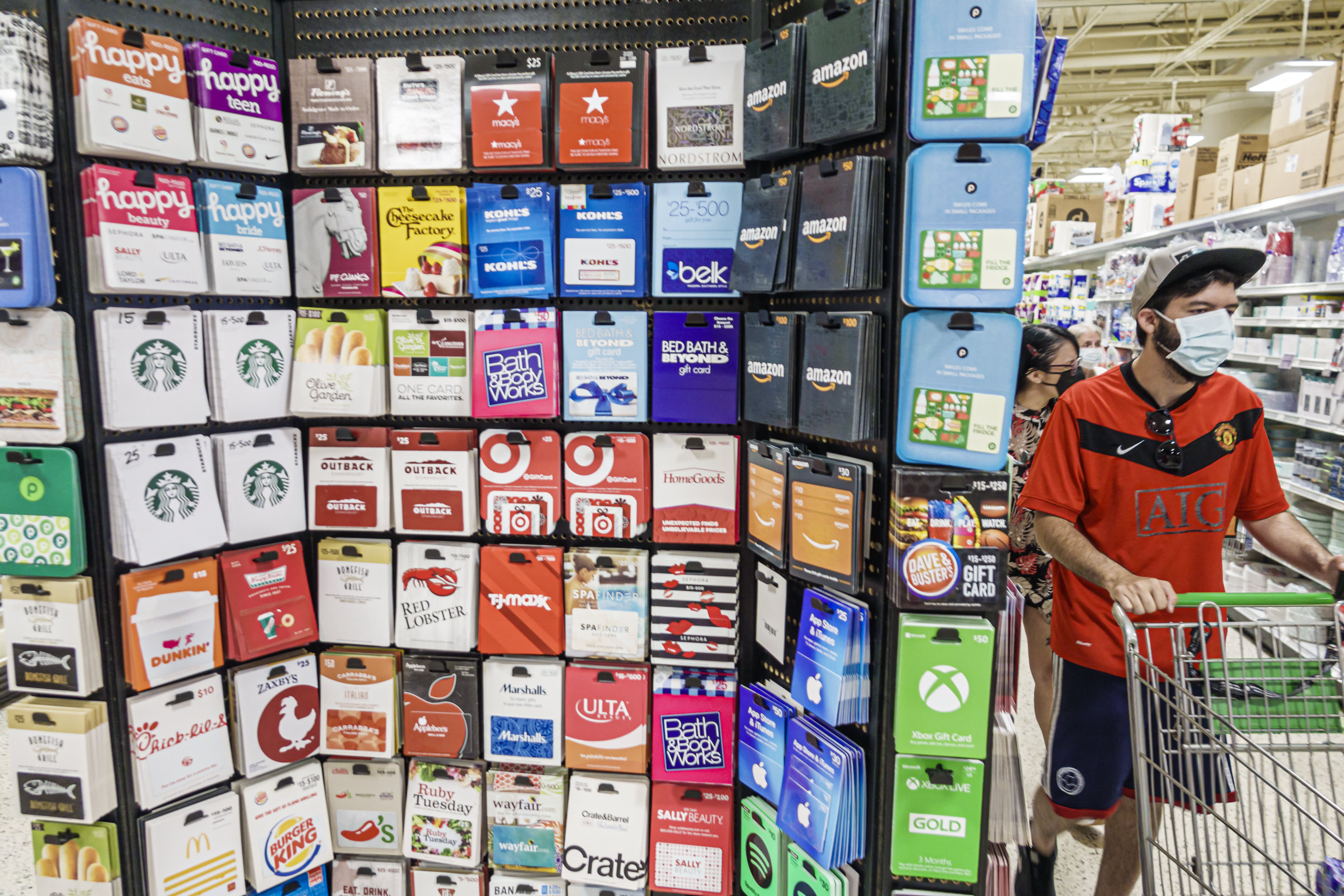A company created to help consumers access the best deals on prescription medications is accused of selling customers’ personal health information to advertisers, leading to stern words and a fine from federal regulators.
The Federal Trade Commission announced this month that it reached a formal settlement with the online prescription drug pricing service GoodRX after investigating the company since 2017.
A GoodRX company spokesperson denied the allegations, and in settling, the company admitted to no wrongdoing.
GoodRX is a telemedicine platform that allows users to price check prescription medications at a wide variety of pharmacies in the users’ area, to help them find the best prices, as well as any coupons available for bringing down costs.
But the FTC says GoodRX’s privacy practices were “not so good.”
“We had been investigating GoodRX for data privacy and data sharing practices,” said Ronnie Solomon, an attorney for the FTC’s Bureau of Consumer Protection.
In a civil injunction filed Feb. 1, the FTC said it found people who used GoodRX between the years of 2017 and 2020 had their private, sensitive health information sold to third party advertisers, like Google and Facebook.
Those actions, the FTC said, broke a promise to customers that their medications and health conditions would be kept confidential.
Solomon told NBC 5, “Not only was it sharing this information in a deceptive way, and lying to consumers, but we also uncovered that GoodRX actually had no real sufficient policies in place at the company.”
In a statement published online, GoodRX said, “The settlement with the FTC focuses on an old issue that was proactively addressed almost three years ago, before the FTC inquiry began.”
Feeling out of the loop? We'll catch you up on the Chicago news you need to know. Sign up for the weekly Chicago Catch-Up newsletter.
“We do not agree with the FTC’s allegations and we admit no wrongdoing,” the company said. “Entering into the settlement allows us to avoid the time and expense of protracted litigation. We believe that the requirements detailed in the settlement will have no material impact on our business or on our current or future operations.”
Read GoodRX’s full statement about the FTC’s allegations here.
The FTC says GoodRX is required to notify any customers whose health information was shared with advertisers.
As part of the settlement, GoodRX agreed to pay a $1.5 million fine and is “prohibited from sharing users’ health data with third parties for advertising purposes,” according to the FTC.
How To Protect Your Private Digital Information
The FTC’s settlement with GoodRX is a good reminder for consumers to be wary of how much information they share online, says family medicine physician Dr. Ati Hakimi.
“GoodRX has been my go to,” Hakimi said, adding that, “All the technology we have can be very helpful, but it looks like it can be harmful too.”
In general, the FTC recommends consumers take some steps to ensure their personal information isn’t made public by a company or service they use.
First, opt out of targeted ads. Most apps and online services allow users to make this choice in their personal settings. And if targeted ads are disabled on every device or browser a consumer uses, websites and services will not be allowed to save and use those personal data. The Digital Advertising Alliance and the Network Advertising Initiative also have free opt-out tools.
Second, customize your privacy settings by checking all of your apps’ permissions, denying any information from being shared if it’s not necessary, like your location or contacts. If the app requires that information to run properly, consider limiting the app’s access to your data only when the app is in use.
Lastly, the FTC recommends finding out if you have the right to tell a company or service you use to delete your data. To find out if your state has laws in place for this, check the International Association of Privacy Professionals’ U.S. State Privacy Legislation Tracker linked here.



